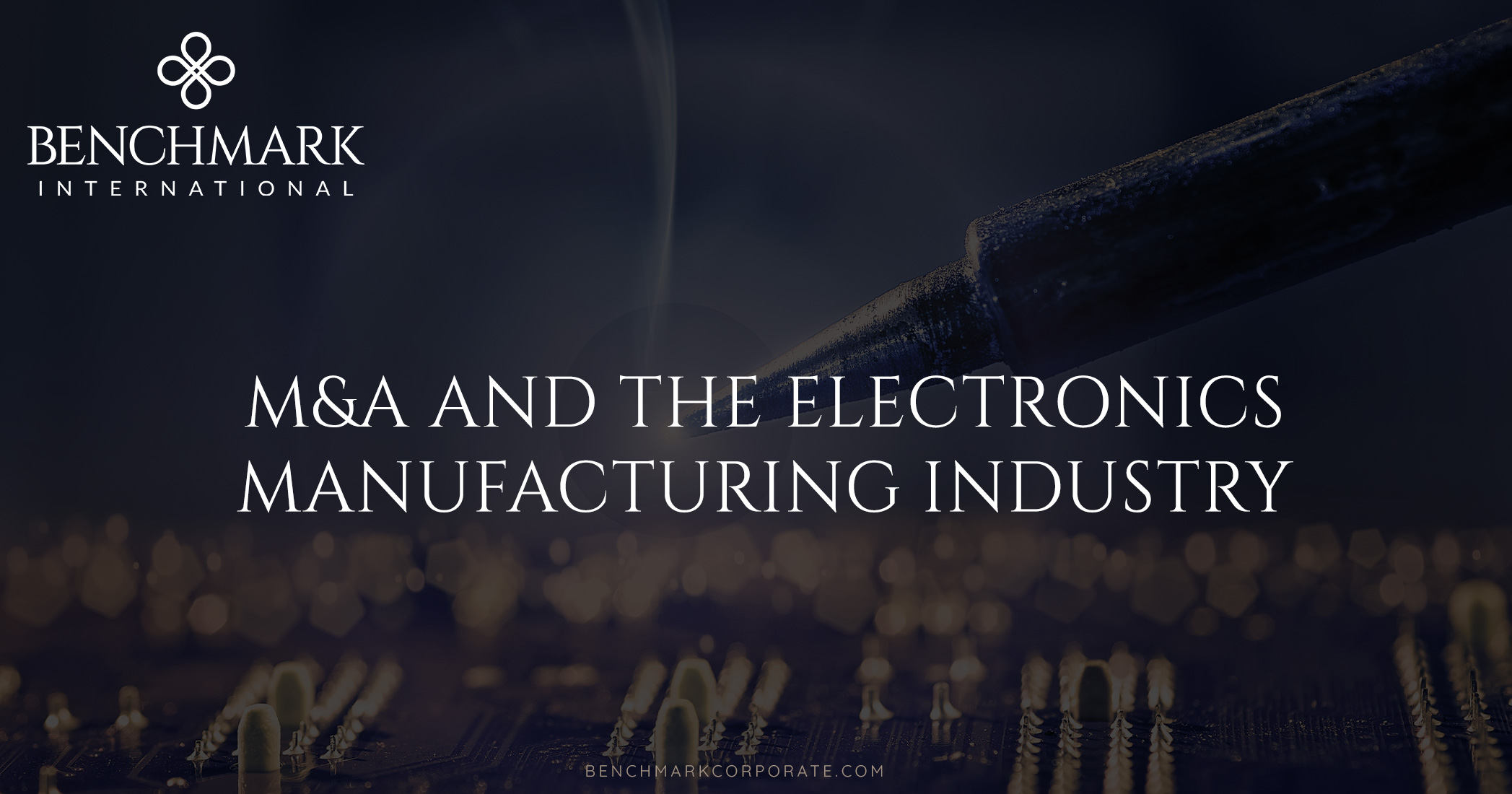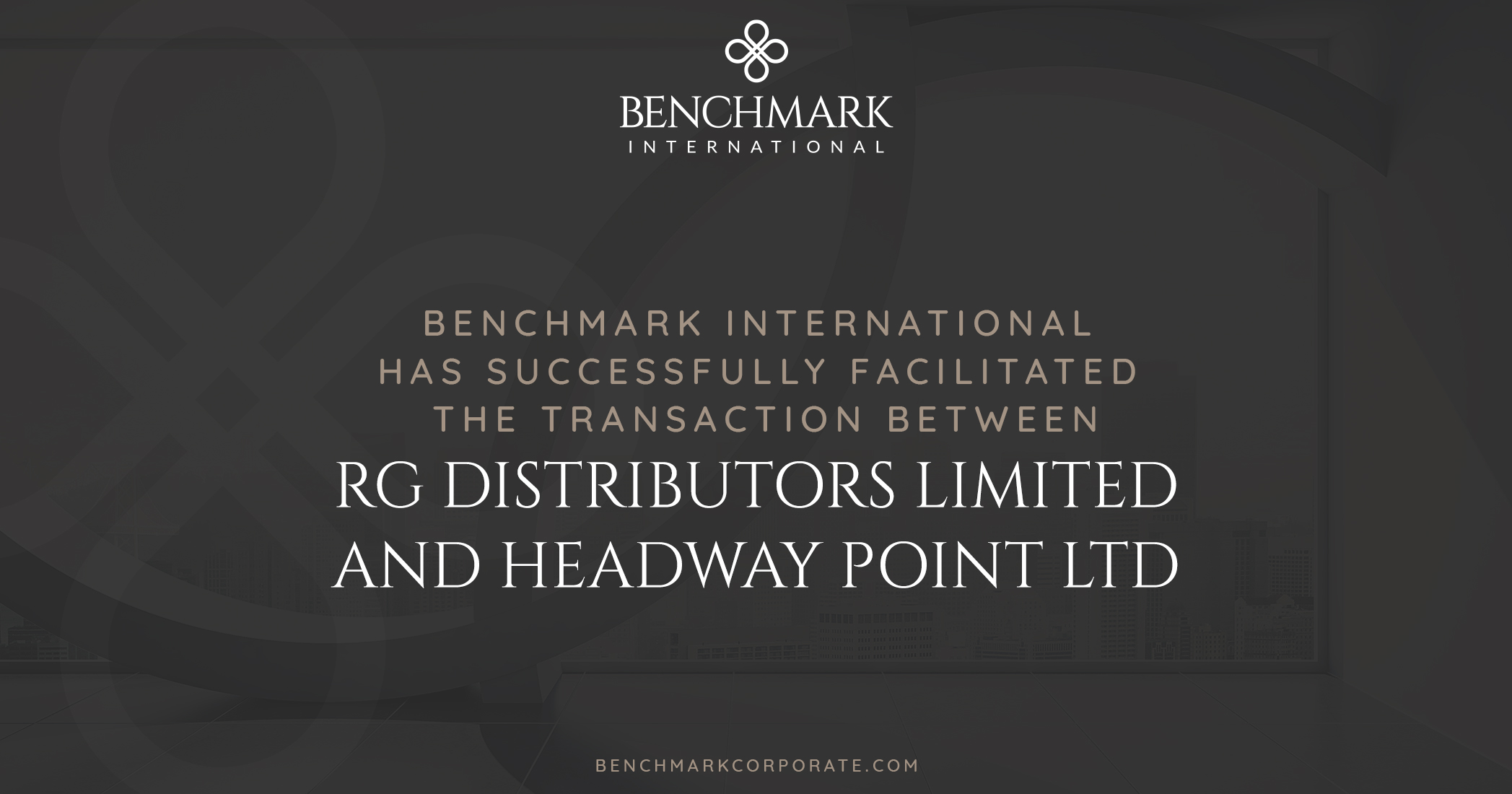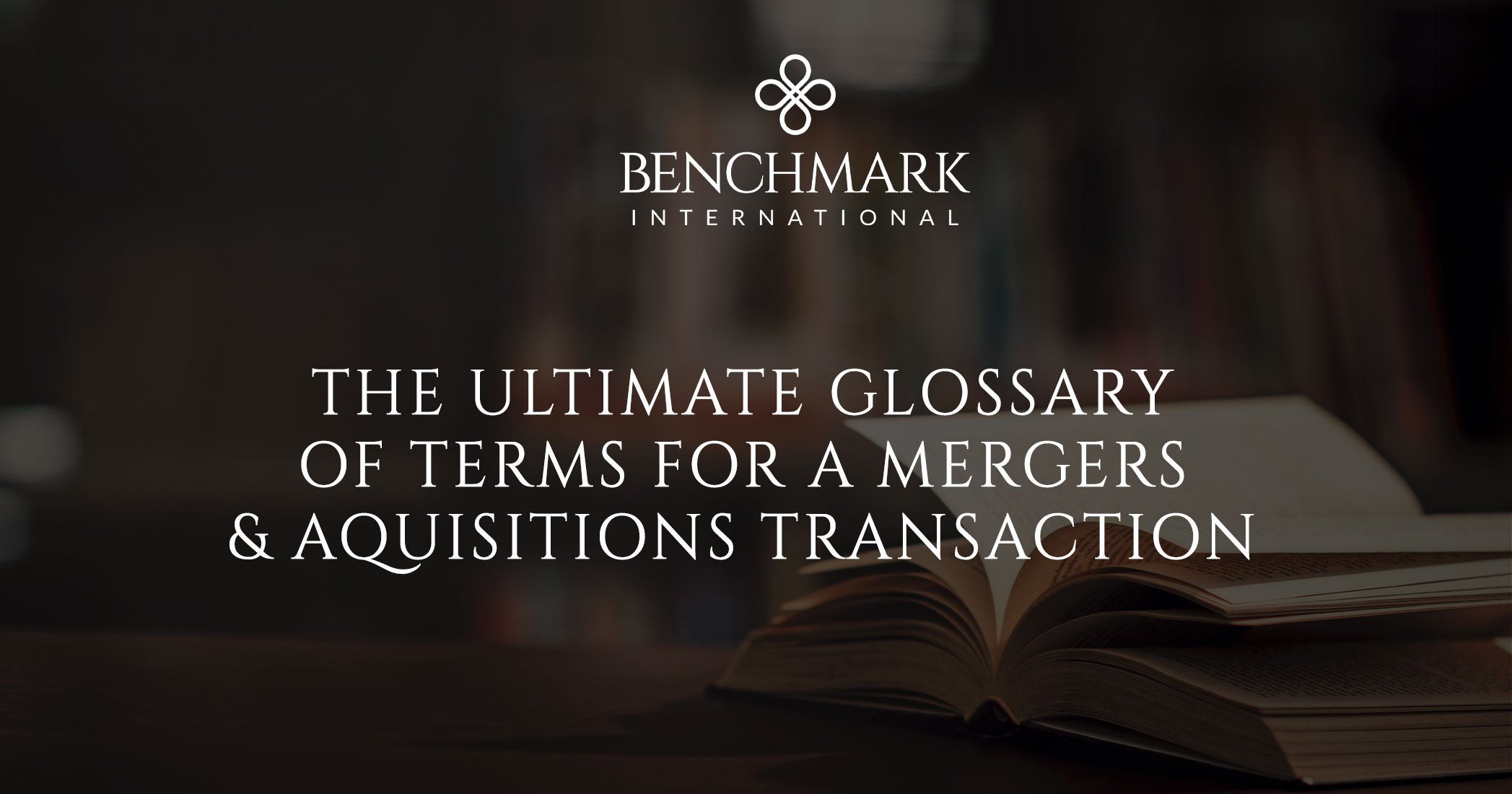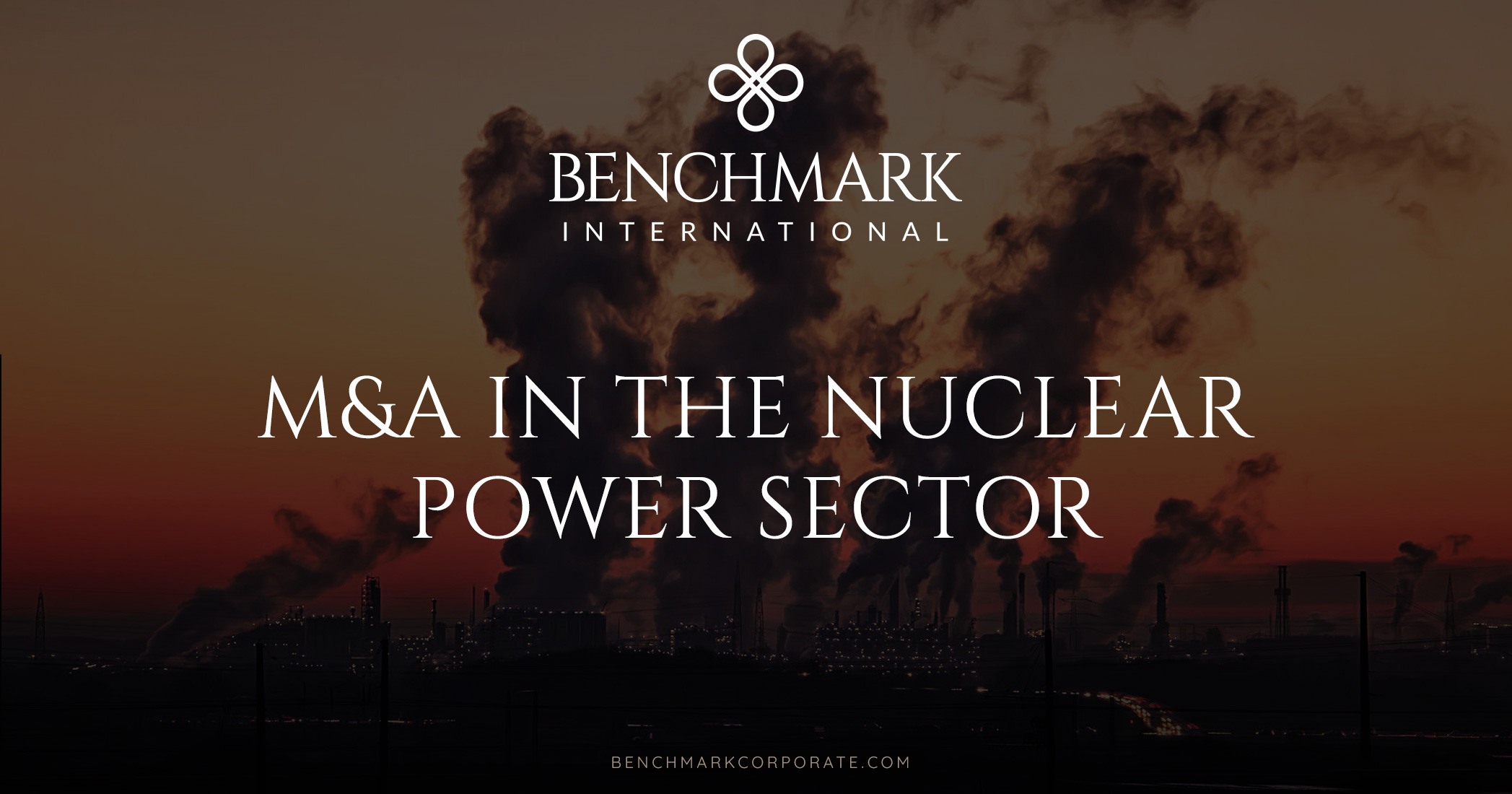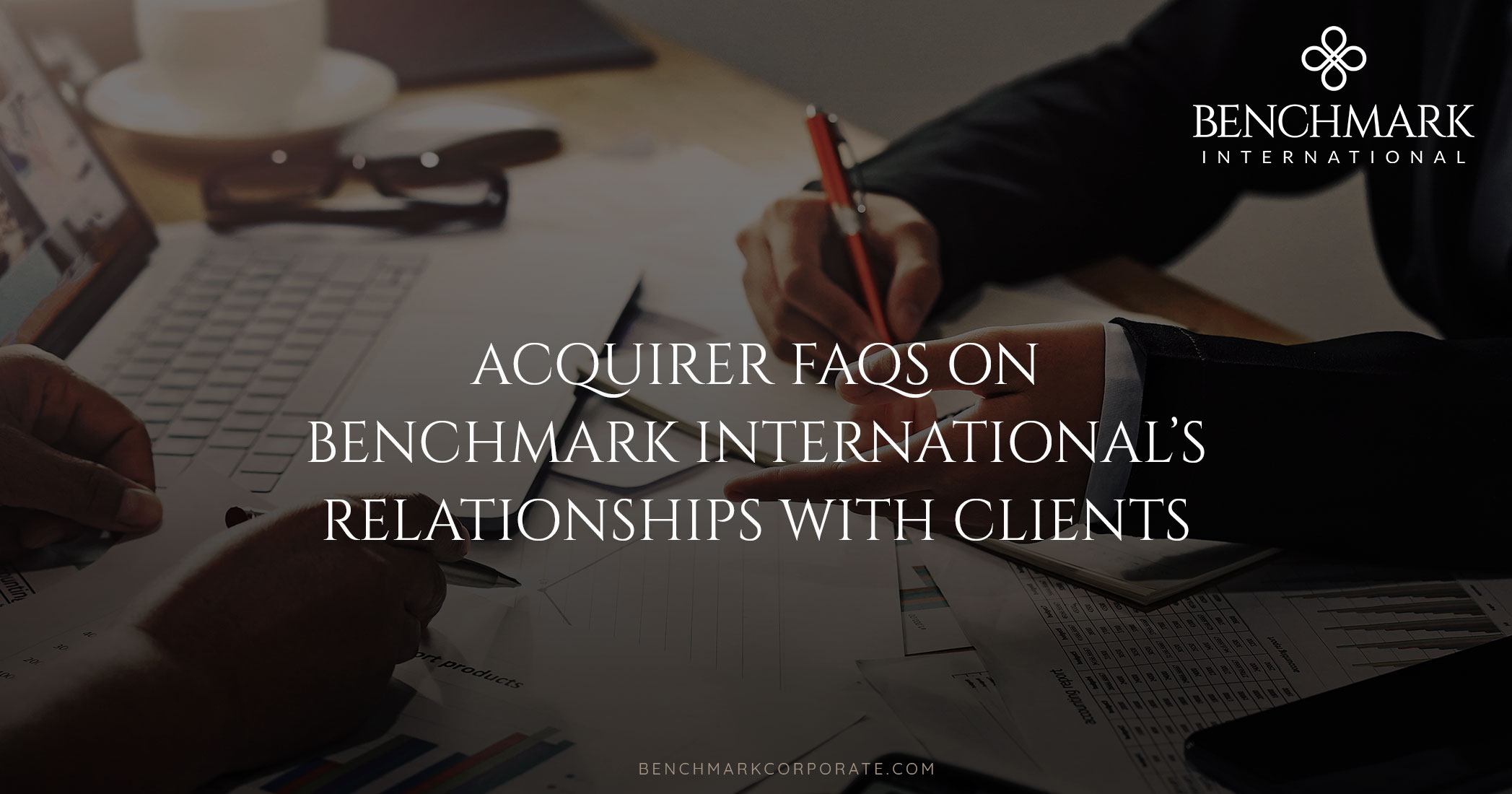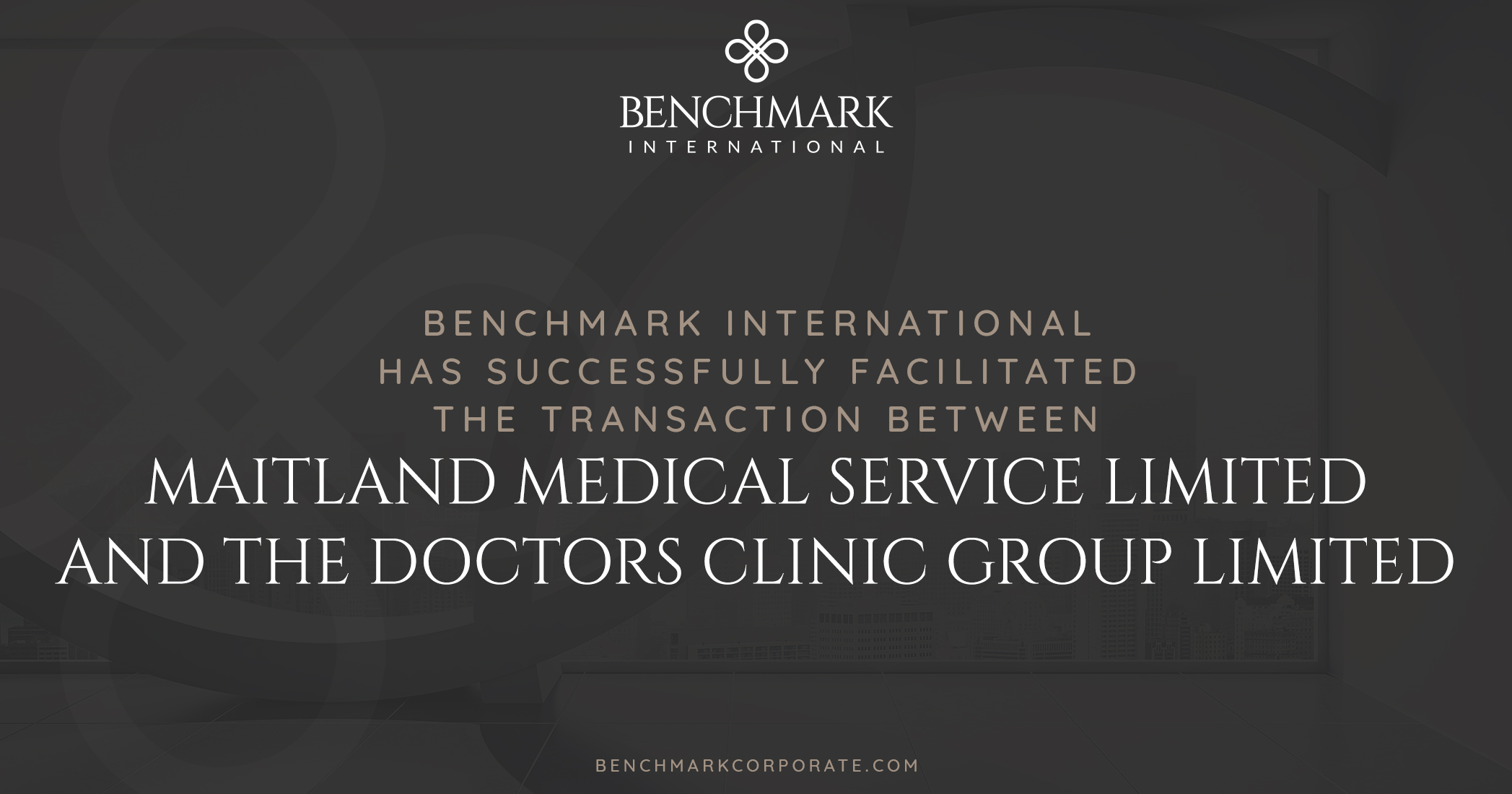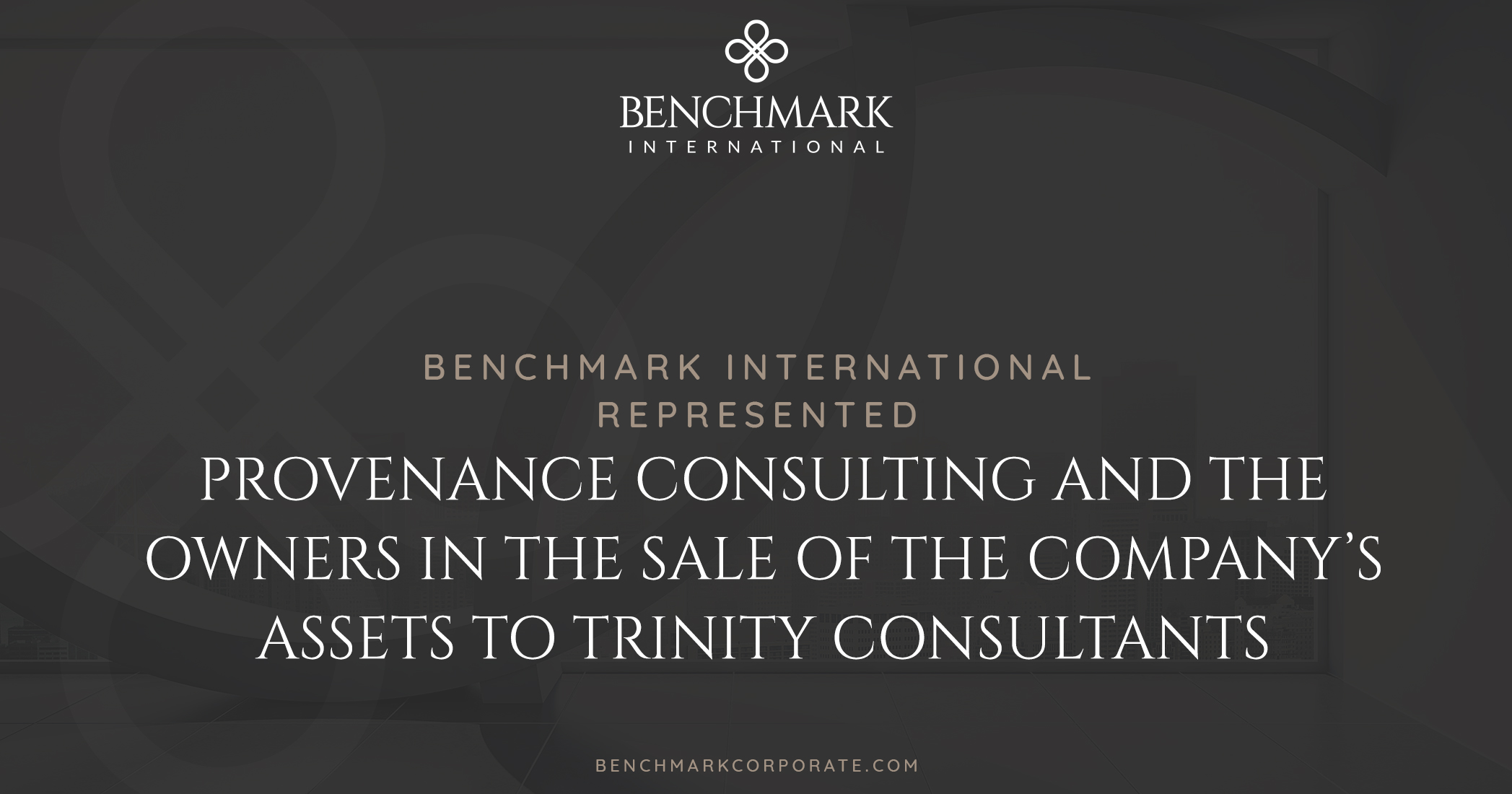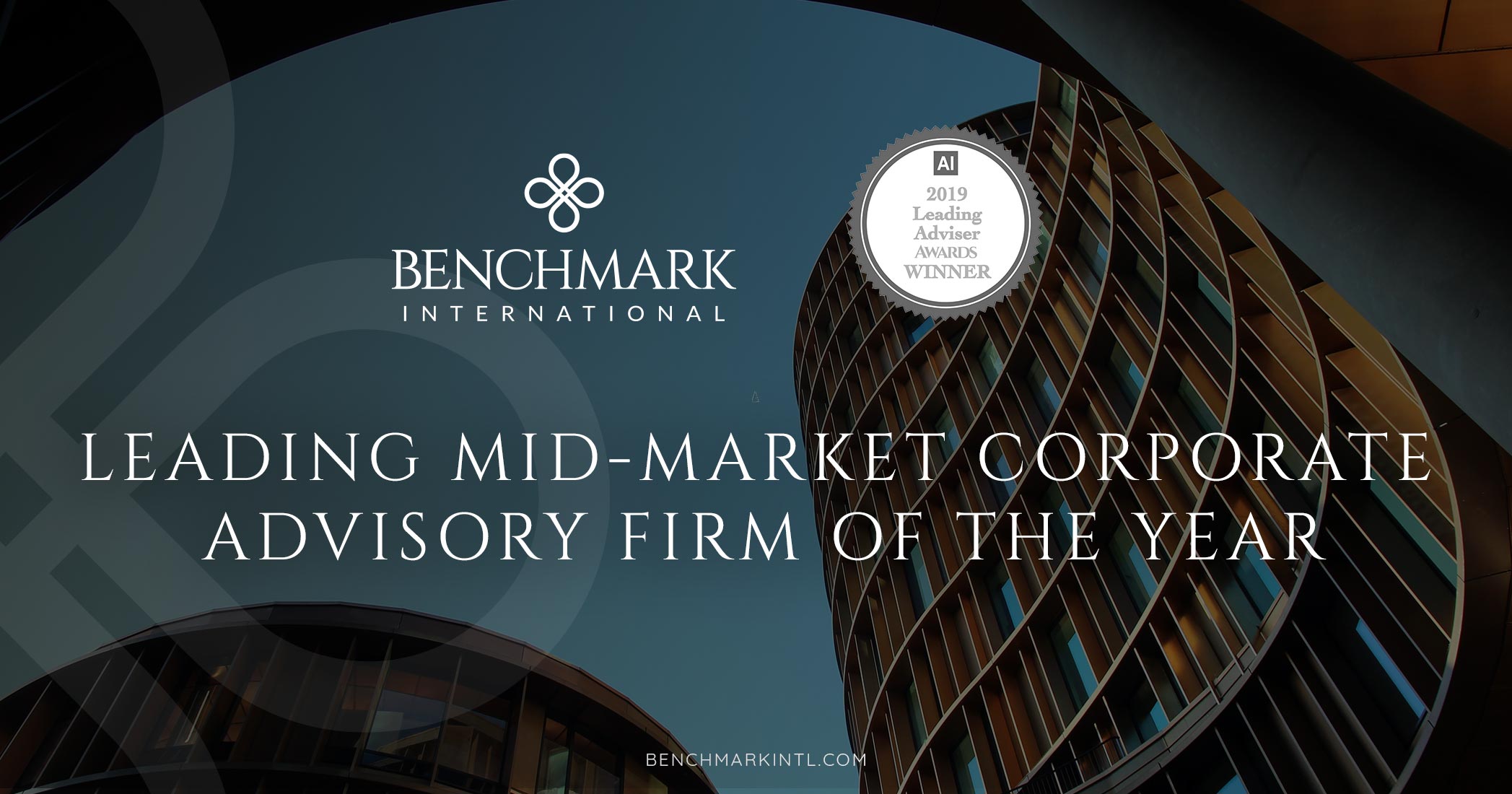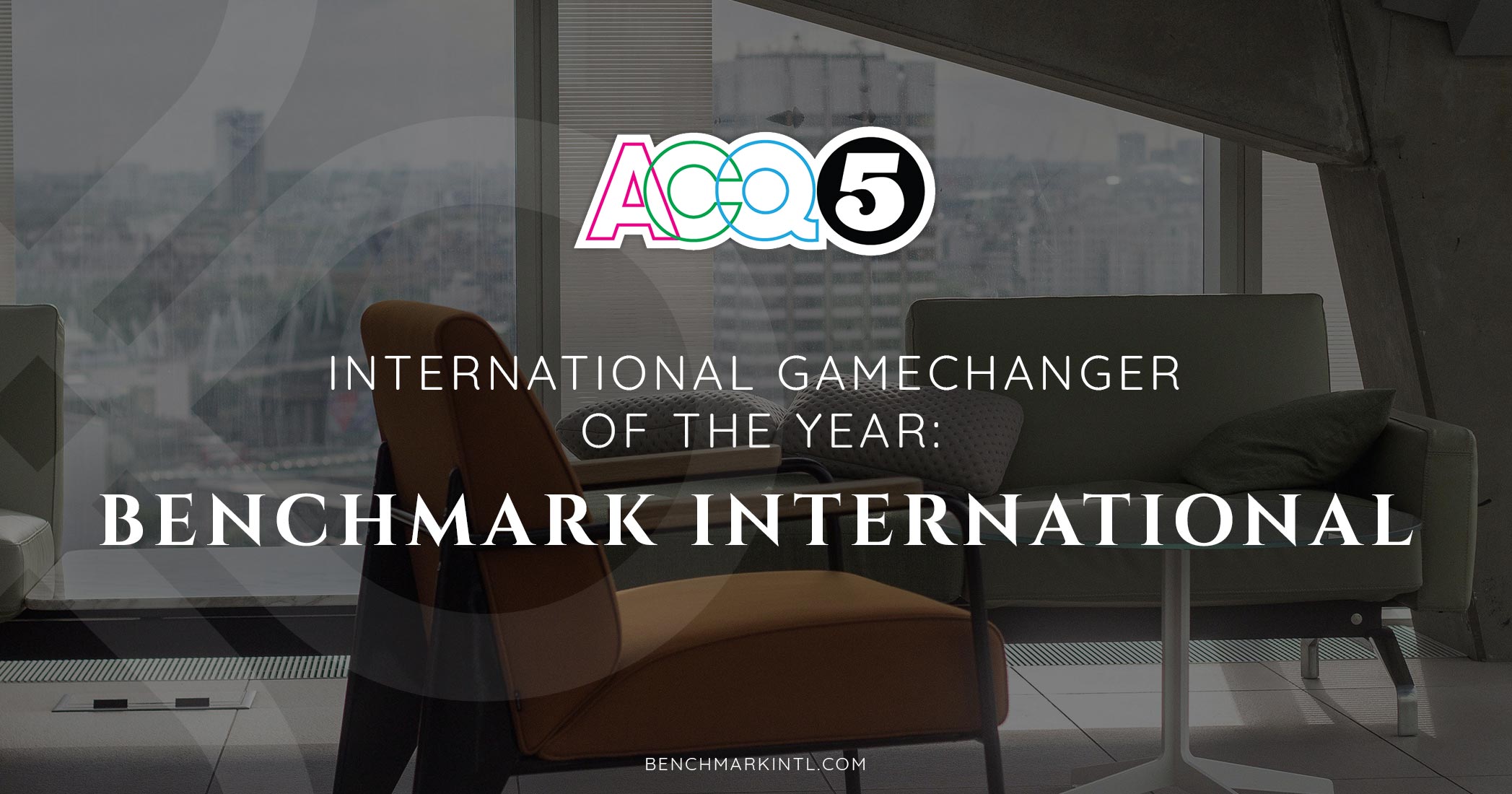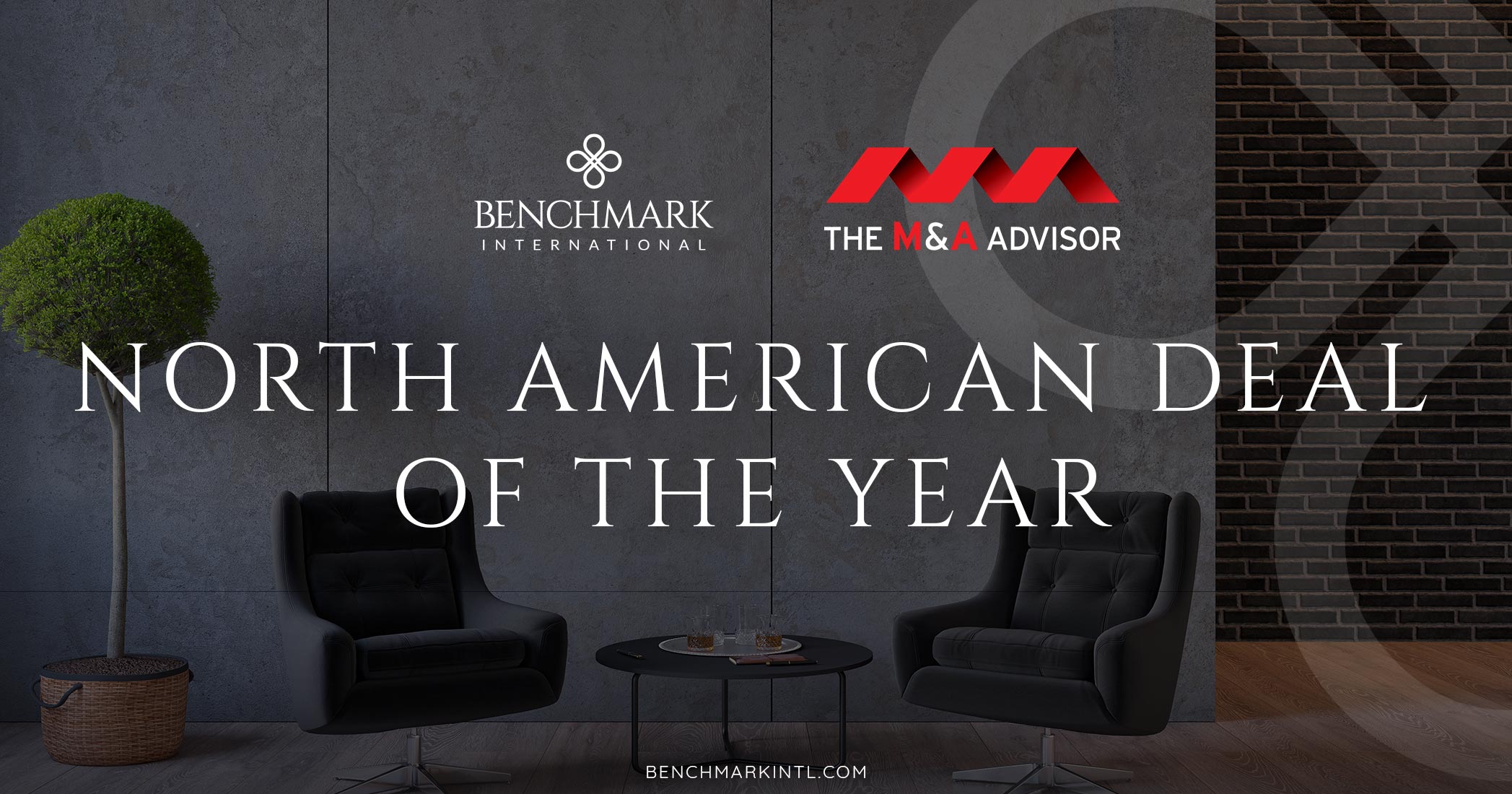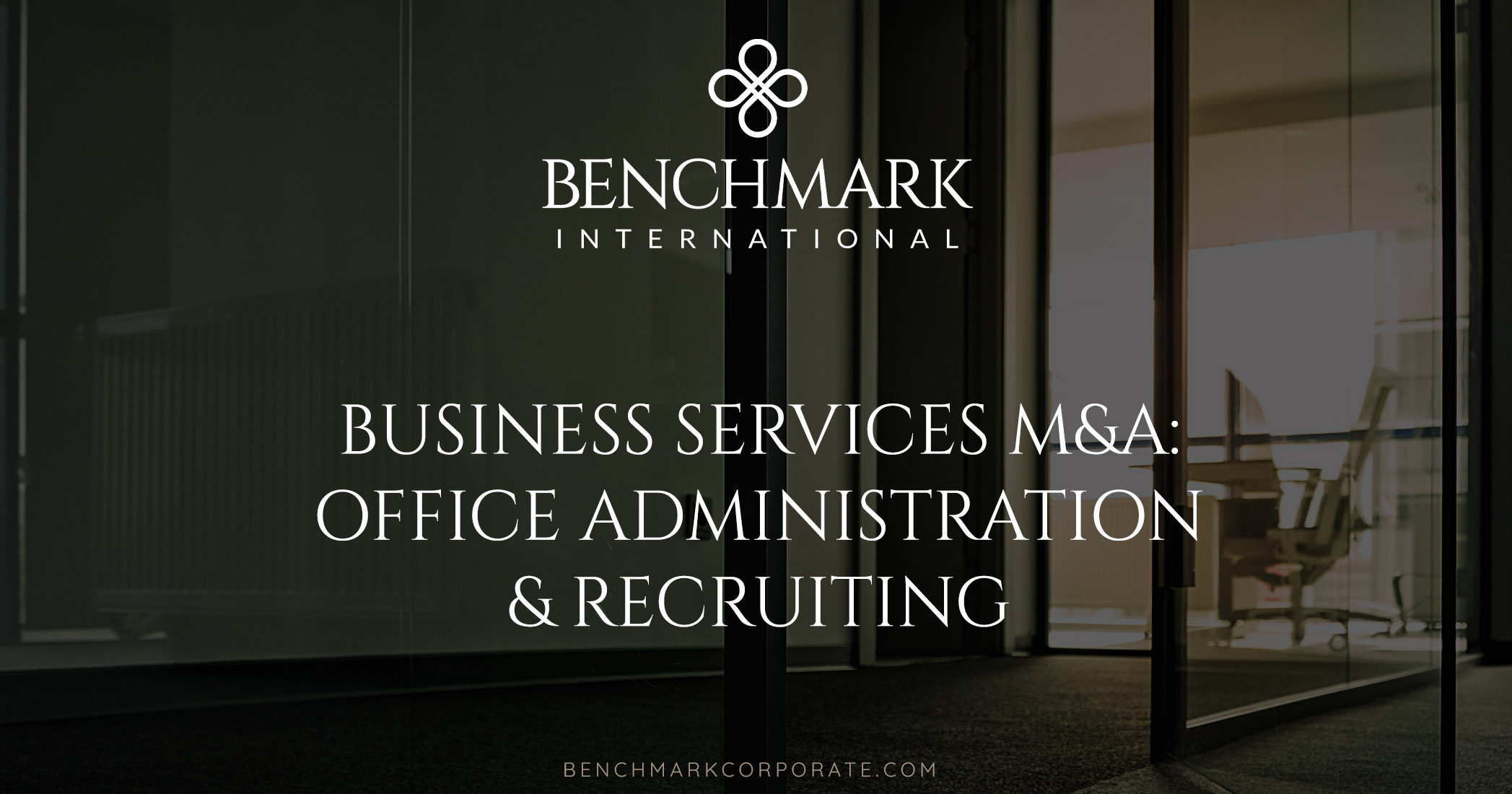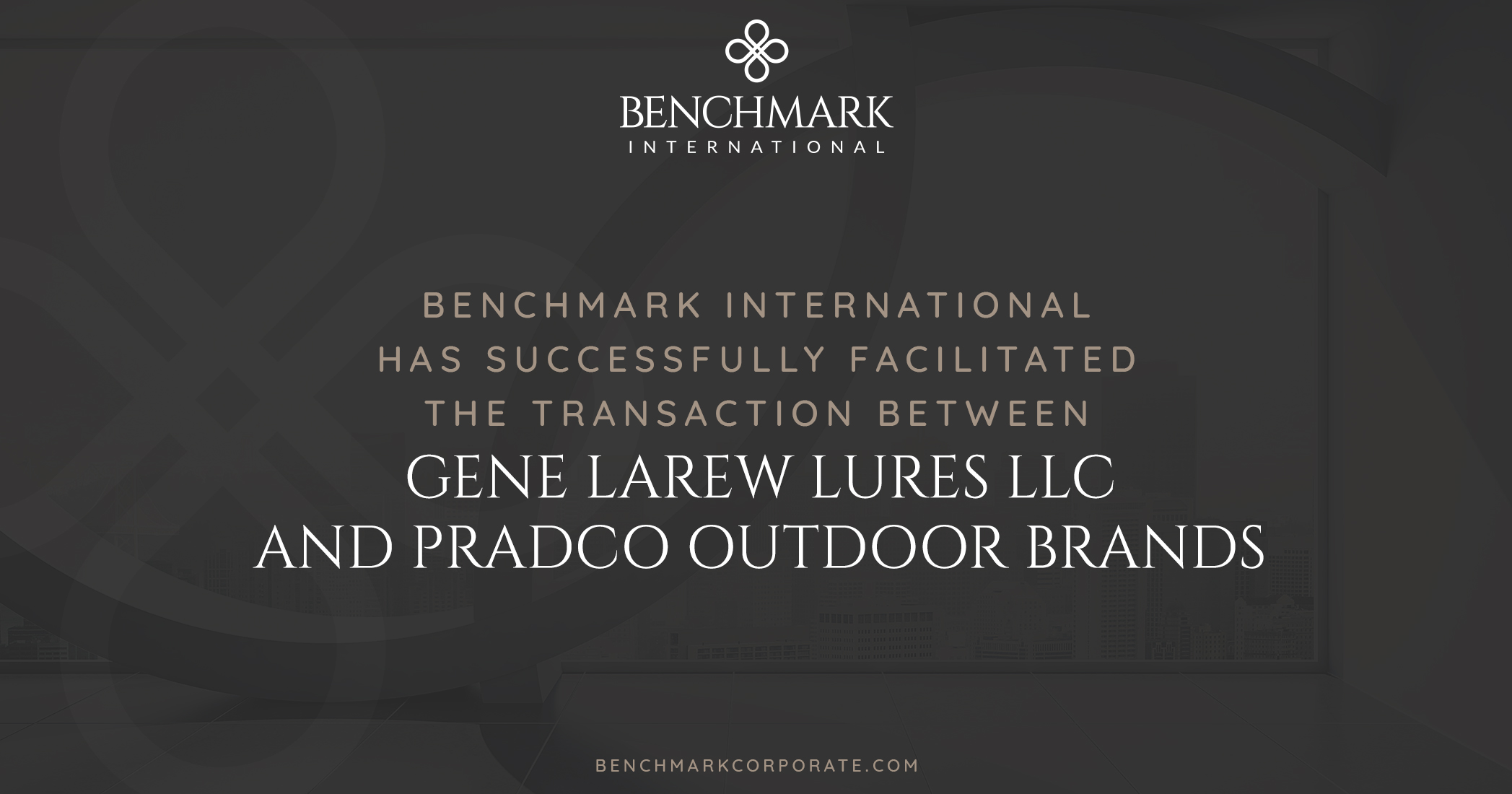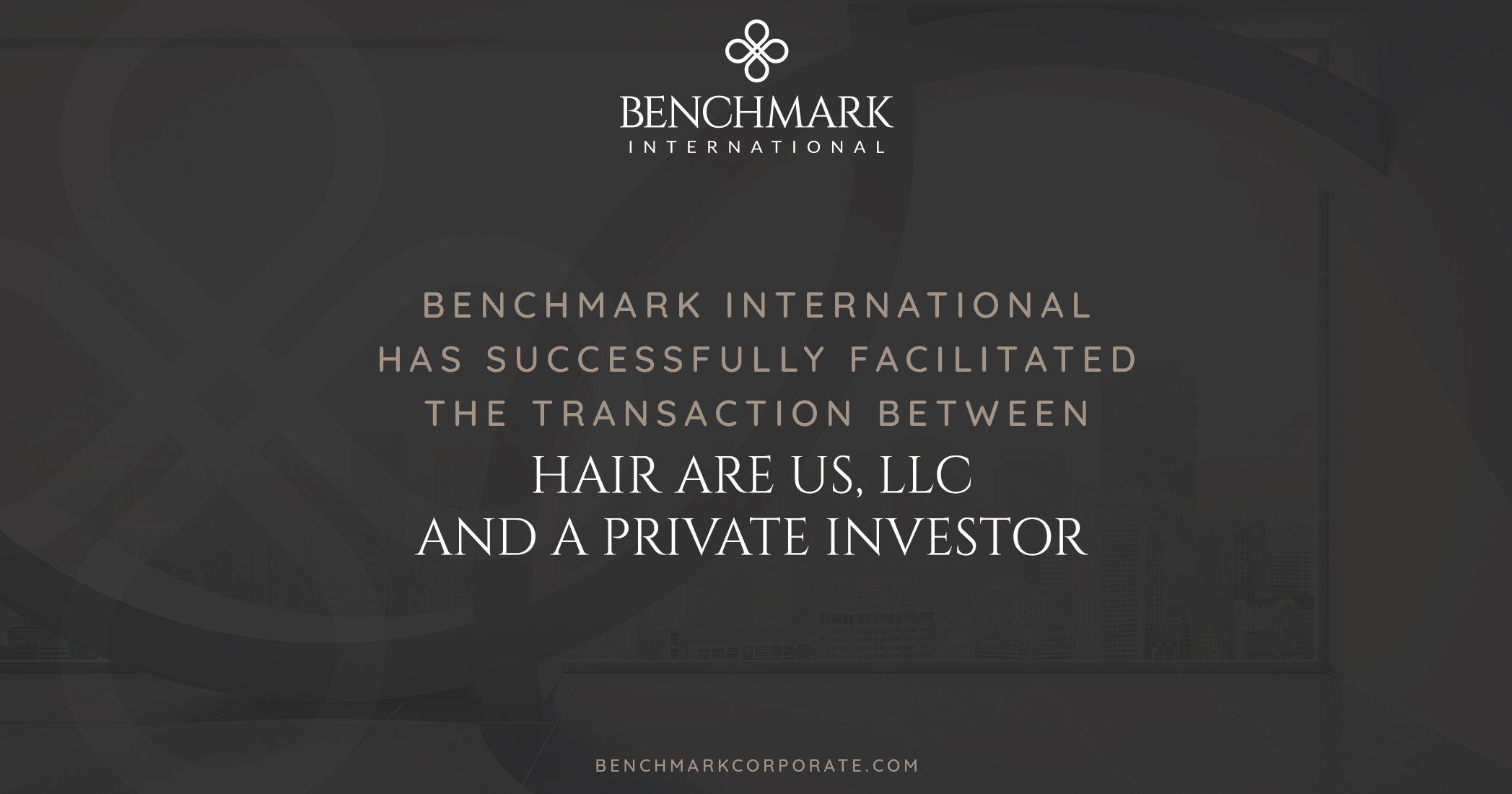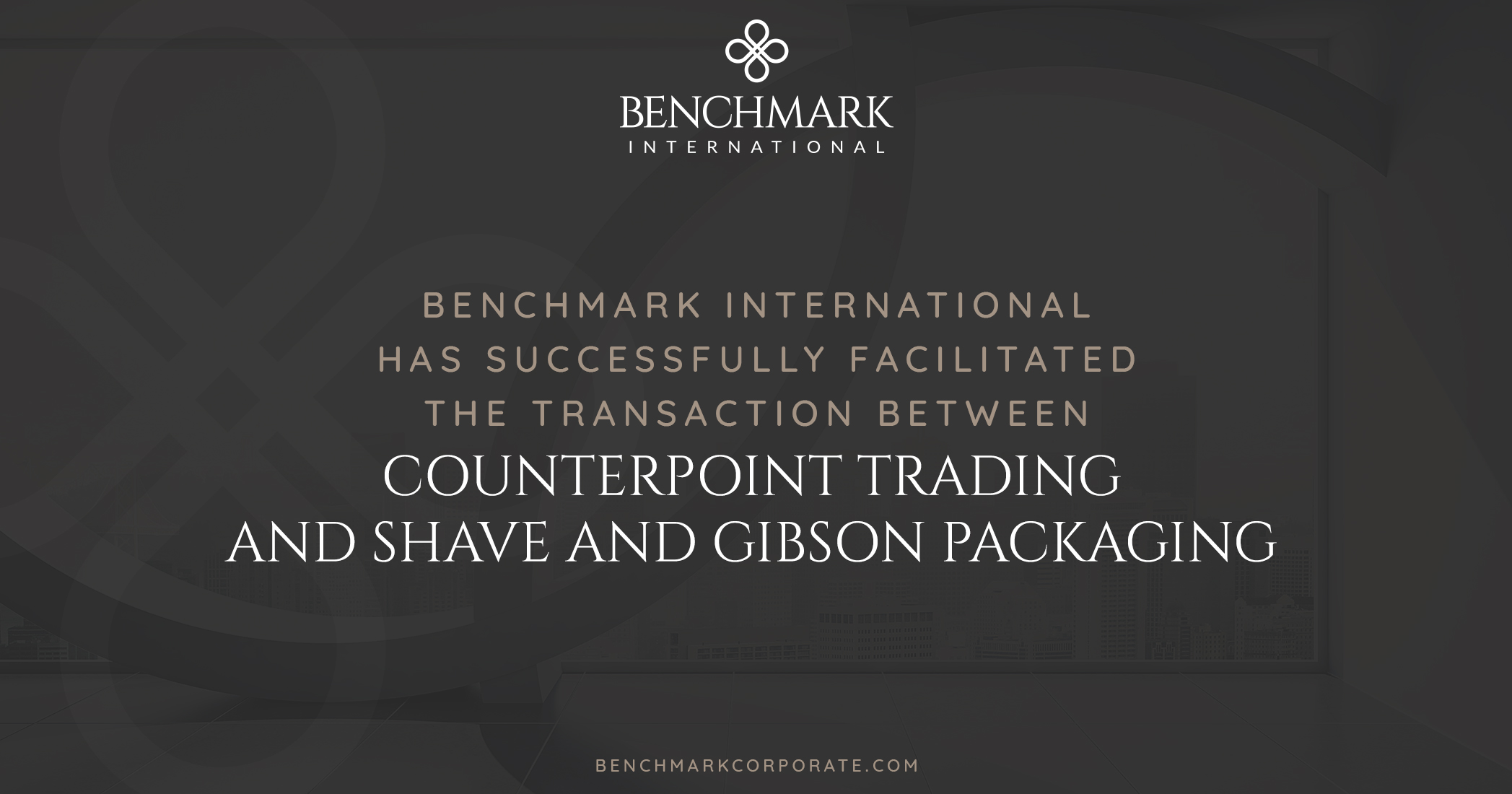Hotel and hospitality brands have an insatiable appetite for rapid growth and there is an endless ongoing battle for global share. Because the industry is highly fragmented and brand driven (the top hotel brands only account for a third of rooms worldwide), mergers and acquisitions are always on the table as a key growth strategy. Since 1985, there have been more than 13,800 deals in the hotel and lodging industry, valued at $809 billion.
Studies have shown that, on average, lodging M&A is unique versus those in other industries because both the target and acquirer are better off following a merger.
Hotel M&A Value Drivers
There are several value drivers when it comes to hotel brand M&A.
- Strategic value drivers include more customer offerings, the creation of new markets, and further reach into existing markets.
- Operational value drivers include factors such as expanded loyalty programs, consolidated corporate teams, and improved technologies and reservation systems.
- Additional key value drivers of a hotel brand include the integrity of its global trademark portfolio, and the value of both existing and potential management/franchise agreements and real estate portfolios.
Clearing Hurdles in Hospitality M&A
It is not uncommon for various issues to arise during M&A transactions between hospitality companies. However, taking the proper steps can alleviate these concerns.
Clarify intellectual property.
Portfolio expansion through the acquisition of additional brands is a major reason for many M&A transactions within the hotel sector. In these cases, the target company's ownership of its intellectual property is very important to buyers, so it is just important to sellers. This is where third-party ownership claims can arise as an issue in a transaction. If a hotel brand shares valuable restaurants or other brands with a third party, and there is any chance that the third party could claim ownership of any interest in the brand, it can significantly devalue the brand and the target company. Ownership agreements must be adequately and clearly documented before entering into an M&A transaction. It is going to be crucial to the accurate valuation of the company.
Protect your data.
Technology is integral to every step of the hotel booking process, which is why, as a seller, you can expect buyers in M&A transactions to heed the risks and liabilities surrounding the target company's data protection and cybersecurity practices, and its compliance with governmental regulations. There are web and mobile bookings, check-ins, complicated reservation systems, and even customer review websites to consider. Due diligence in regard to detailed data protection and cybersecurity at length is imperative. In order for a target company to maximize its value, management should thoroughly review its current compliance with existing regulations and take all precautions to ensure best practices are in place to minimize exposure to potential data breaches.
Minimize withdrawal liability.
Large hoteliers and hospitality companies typically have unionized employees covered by collective bargaining agreements that require contributions to one or more multi-employer plans. Withdrawal liability can occur when an employer has a significant reduction in union workforce, a complete union workforce reduction, or a withdrawal of all employees from a pension plan as a result ofthe event of a change in management or a sale of a hotel. Labor laws vary by country, but it should still be noted that there could be issues with determining whether the hotel owner or manager is the employer by legal definitions in that reason (for example, the Employee Retirement Income Security Act of 1974 [ERISA], in the United States). Multiemployer plans have the ability to disagree with who is considered the employer, and assess withdrawal liability on the party it determines is the employer. To mitigate the risk of withdrawal liability, all parties should consider who is the employer for labor law purposes, and who bears the liability under the management agreement.
Contact Us
Working with an experienced M&A advisor is a game-changer in minimizing risk and closing a successful deal. We look forward to hearing from you about your interest in M&A as a seller of a company in any industry. Our global M&A experts are waiting for your call.
READ MORE >> Benchmark International
Benchmark International  Benchmark International
Benchmark International 





